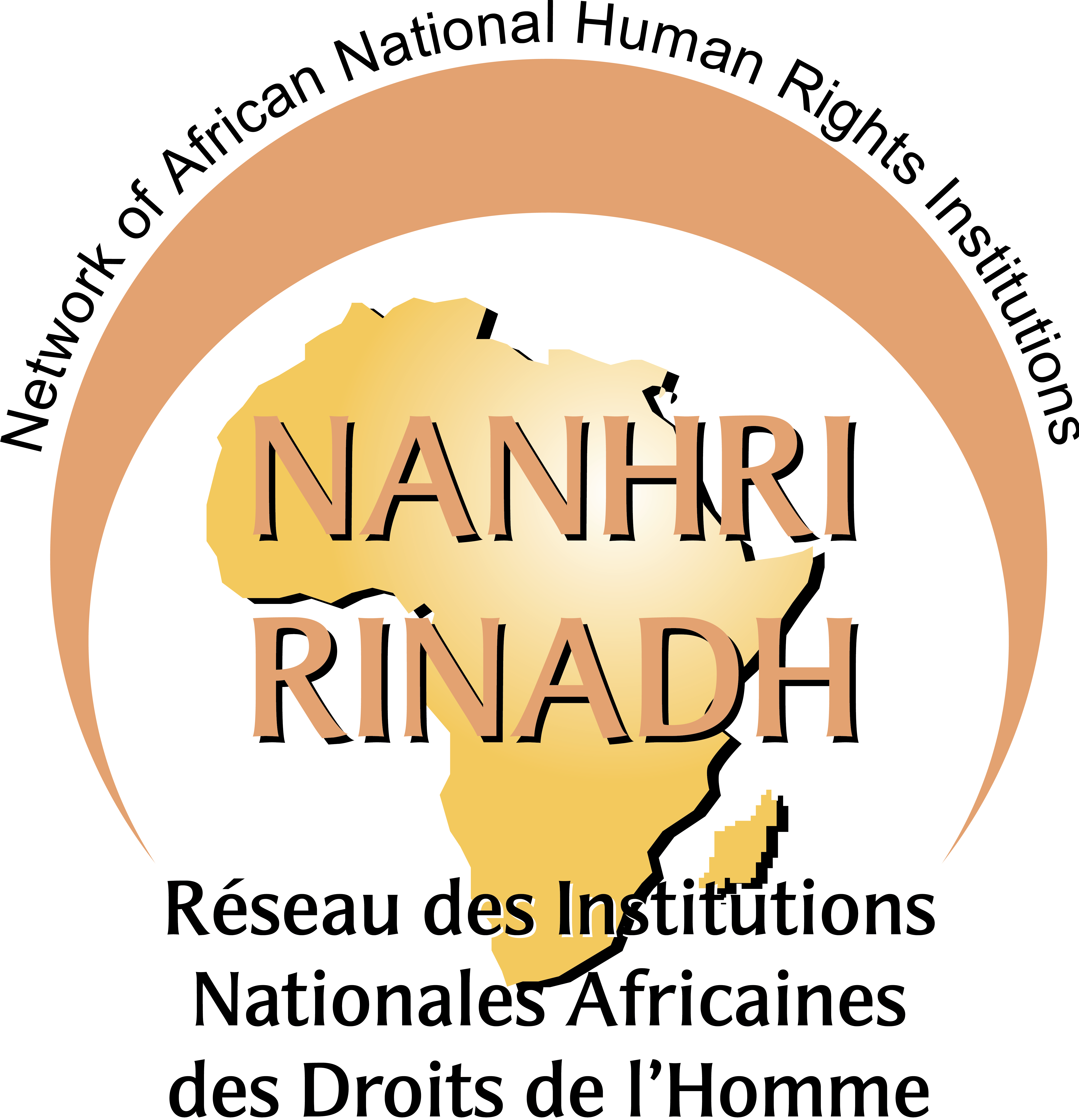The Network of African National Human Rights Institutions (NANHRI) held its 14th Biennial Conference in Accra, Ghana from October 18th-20th, 2023. This event was organized in collaboration with the Commission on Human Rights and Administrative Justice (CHRAJ), under the theme “Nurturing Responsible Business Conduct and Respect for Human Rights in Africa: The Role of African National Human Rights Institutions in Centering Human and People’s Rights in the Context of Business Operations, and the African Continental Free Trade Area Agreement.”
The conference shed light on the importance of upholding a human rights approach to business, as business plays an important role in promoting human rights. This inalienable relationship means that businesses have the power to drive equality in both the workplace and in the community. This is because as it offers employment opportunities, it can support the advancement of social and economic rights.
The conference, which was graced by the Deputy President of Ghana, His Excellency Dr. Mahamudu Bawumia was attended by 100 participants, being 46 African NHRIs, Civil Society Organizations, governmental, intergovernmental and non-governmental organizations, UN Agencies, thematic experts, private sector (business communities) representatives, the academia, select representatives of vulnerable populations and development partners.
The 3 days conference highlighted the importance of National Human Rights Institutions (NHRIs) and their networks as key components in upholding Business and Human Rights issues within the continent. This includes developing practical and actionable steps (Action Plan) on enhancing Business and Human Rights in the context of the UN Guiding Principles and the African Continental Free Trade Area Agreement.
Among other key issues included the need to tackle technological rights keenly, as technological advancement has promoted human rights violations. Digitalisation has changed the way in which people communicate, access public services and how business is conducted and hence infringing on human rights. There is also the need for human rights due diligence, to ensure companies and organizational are held accountable in whatever geographical area they operate in. Climate change also continues to impact directly and indirectly business and human rights, and therefore there’s need to mitigate climate change and to ensure all rights holders have the necessary capacity to adapt to climate crisis. In other words, Climate justice calls for consistency with human rights agreements, obligations, standards and principles.
The meeting was adjourned by the Ghana Attorney General, Mr. Godfred Yeboah Dame, from the Ministry of Justice and Attorney General Department. The Accra Declaration and Action Plan of NANHRI on the role of African National Human Rights Institutions in centering Human and people’s rights in Business and Human Rights was also drafted and adopted by members within the conference and will be shared soon to the public once finalized.

